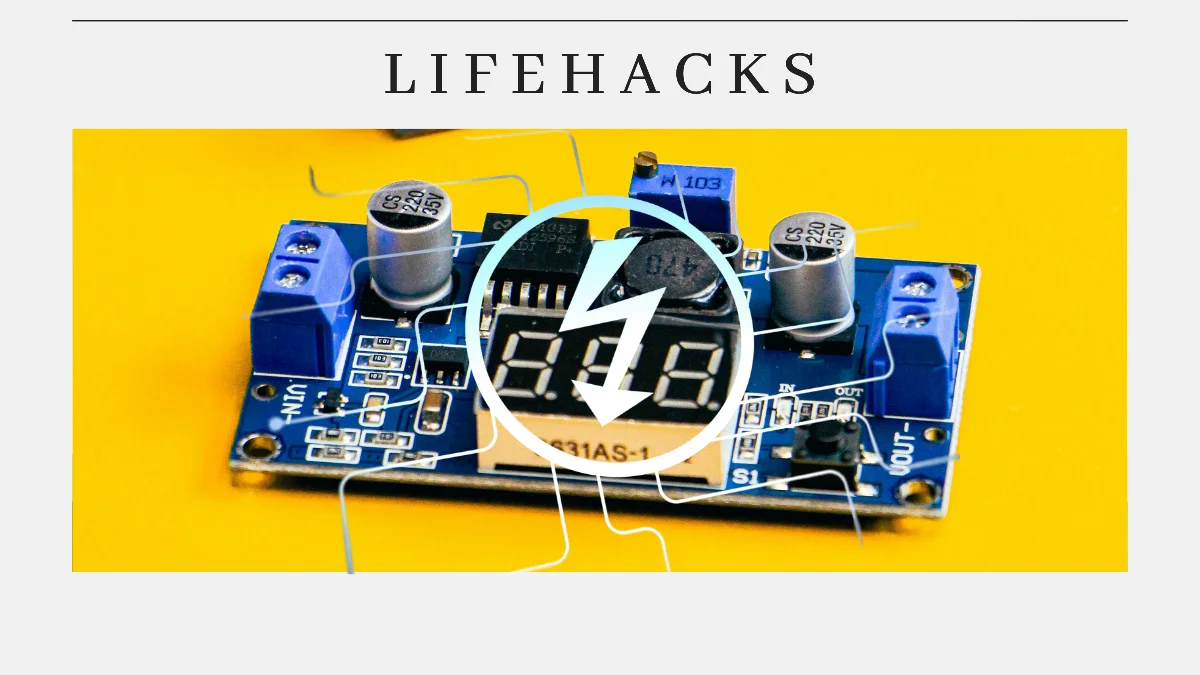Smart Air Conditioners (AC) are not just cooling machines, but also smart climate systems supported by Artificial Intelligence (AI). Today’s AC usage considers comfort, lower energy consumption, and smarter automation.
How AI improves temperature control is important as advances in Heating, Ventilation, and Air Conditioning (HVAC) technology. In smart AC systems, AI functions in real-time data analysis and user behavior patterns, automatically adjusting cooling performance to optimize efficiency. This creates an environment that feels more natural and personalized.
This article will inform you about how AI improves temperature control, its applications, and the benefits it provides in supporting HVAC technology. This will give you an idea of how this will shape the competitive landscape of smart AC in the future.
What Is HVAC?

Heating, Ventilation, and Air Conditioning (HVAC) is a system designed to control temperature, humidity, and indoor air quality. As the name suggests, it serves three functions: heating to warm the room during cold weather, ventilation to circulate fresh air from outside, and air conditioning to cool the air when the temperature is too high.
The main objectives of HVAC are comfort, health, and efficiency. Users will feel comfortable when the temperature and humidity inside the room are optimal in all seasons. With the filtration of pollutants, allergens, and bacteria, the air inside the room becomes healthier for its occupants. The three main functions of HVAC are managed efficiently within a single integrated system.
How AI Improves Temperature Control
After learning about HVAC technology, the question is: how AI improves temperature control? In smart air conditioning systems, AI improves temperature control by utilizing real-time data, machine learning, and user behavior patterns. AI capabilities play a significant role in energy efficiency for smart AC.
Here are some ways AI improves temperature control in smart air conditioners:
Predictive adjustments

The AI system will learn from user behavior patterns. This allows it to anticipate upcoming changes. For example, the system can start cooling before you arrive home based on your schedule, or preemptively lower the temperature before a heat wave is predicted.
Adaptive learning
From user patterns, AI can not only make predictive adjustments but also perform adaptive learning. The system will learn user preferences over time and adjust its settings accordingly. As a result, the AC will automatically apply temperature settings without manual input.
Environmental awareness

In addition to learning user patterns, AI also learns about external weather conditions through existing sensors. This enables the air conditioner to adjust cooling based on current weather conditions, humidity, and sunlight. AI can even predict future weather conditions, allowing it to adjust in the event of sudden changes.
Real-time adjustments
AI works with real-time adjustments. Conditions are continuously monitored to make adjustments to the desired temperature and ensure optimal comfort levels. This means that users do not need to manually adjust the settings to get the desired temperature at all times.
Key Benefits of AI in HVAC
AI improves temperature control in several ways. Here are some of the benefits users will experience:
- Energy efficiency: Automatic temperature adjustment and energy usage when needed help improve efficiency.
- Improved air quality: AI can monitor air quality parameters, such as CO2 and particulates, and then adjust ventilation to enhance air quality.
- Smart temperature control: By learning user habits and environmental conditions, it provides automatic temperature control for optimal comfort.
- Integration with other systems: AI can be integrated with other smart technologies, such as renewable energy and battery storage, for optimized usage.
- Fault diagnosis: AI can perform early diagnosis in the event of malfunctions, assisting technicians with prompt and effective repairs.
That is how AI improves temperature control. With numerous benefits, including energy efficiency, smart temperature control, and damage diagnosis, AI will continue to be a desirable technology in smart ACs. This will certainly support more optimal HVAC technology in the future.


